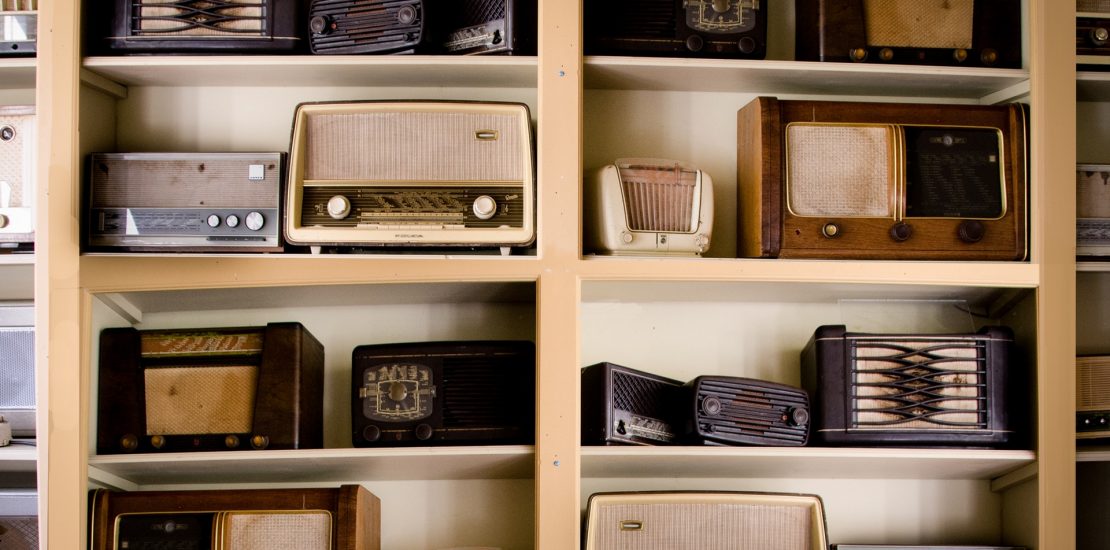Love it or hate it, we are all affected by the c-word. If you are not a clutter magnet, it’s likely you live with someone who is. We have categorised the different personality types that have a tendency to accumulate. Which one(s) do you fall into?
The Collector
Whether it’s stamps or unusual coins from your childhood or albums, books, magazines and luxury cars, you focus on collecting products you perceive to be valuable.
Perhaps you love to cherish them, or instead, you intend to sell them on and make your fortune. If you were an avid beanie baby fan in the late 90s, you might want to check this out.
Whatever it is, your house is a museum and your myriad possessions bring you boundless joy, whether or not that is the case for your significant other.
The Hoarder
Unlike the collector, who acquires material goods of one specific type, the hoarder likes to keep hold of anything and nothing in particular in case it could come in useful one day.
According to the Royal College of Psychiatrists: “Hoarding happens when you collect large amounts of stuff and can’t throw anything away. Unlike a hobby, this sort of collection is usually very disorganised. You can feel very attached to the things you have collected and can get upset if someone tries to throw them away.”
Many people tend to hoard to some extent, but problems can arise when rooms in your house become unusable, or your family can no longer cope with the mess around them.
The Artist
The artist, like the hoarder, likes to store paper and objects others may simply dismiss as rubbish such as old magazines or food wrappings. You have the intention of making something out of them one day. Reusing and upcycling can be very noble and eco-friendly, as long as you do follow through on your desire to bring new life to these objects. If you store them in boxes and forget about them, this can lead to excess, making your home or studio chaotic, and thus affecting your ability to work productively.
The Sentimentalist
The sentimentalist feels a deep sense of emotional attachment to material items. Perhaps someone you love once gave you a present and, although you have long since outgrown it, you feel a sense of moral obligation to keep this item.
Perhaps you feel that, to throw something out would be wasteful. Those CDs and albums you have kept, even though you don’t have a machine to play them on anymore (apart from the one in the loft that doesn’t work anymore), remind you of the good old days. Also, you choke when you do the mental arithmetic to recall how much you spent on them, and how very little they are worth to anybody else today.
If this is your personality, you are holding onto an older version of yourself. It’s as if you are keeping Windows 7 going instead of allowing for updates to your life which would allow you to flourish into new hobbies and directions.
The Ostrich
You know you have too much stuff but if you can’t see it, it can’t cause you any problems.
Maybe there are metaphorical monsters hiding in old love letters or photos that you don’t want to face just yet.
You will get round to overhauling your living space eventually, but right now there are simply too many other things keeping you busy. Anyway, it’s not your fault, your house it too small. The solution? Another set of drawers, plastic boxes and a garage to bury everything in.
The Adopter
You are the object of generosity! How lucky are you? You are so overrun with clutter because, when all your minimalist friends and relatives do their decluttering, who gets to keep all the discarded items? You do. And you are too kind to say no, so you dutifully rehouse all these extra belongings. The problem? You will never use any of them because they were never meant for you in the first place. How can you love what you didn’t choose?
Do any of the above personalities sound like you? In truth, most of us can relate to one or more of these personality types. Clutter can reduce mental processing faculties and create anxiety. Using household storage can help alleviate the pressure of too much stuff, giving you some headspace while you sort through it all. Find out more about the storage room sizes we offer: Size Guide

